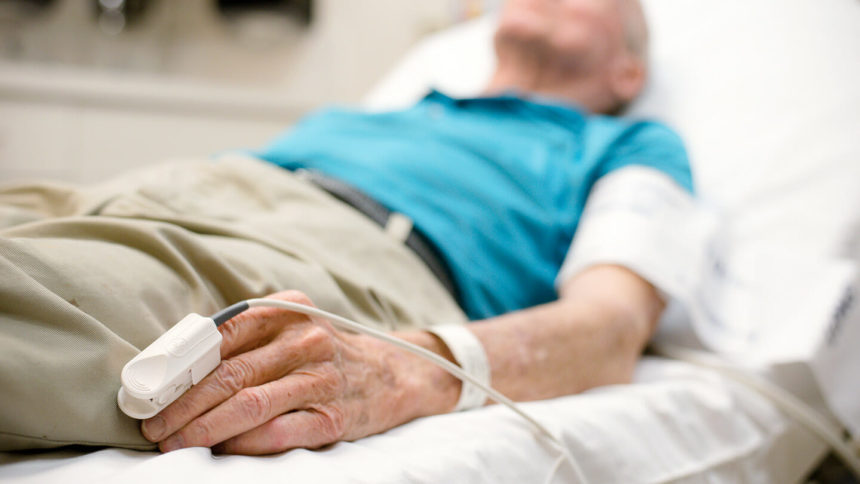
A lot of people who have dementia want to use medical aid in dying (MAID) to end their lives before they lose their decision-making capacity and other abilities. This hasn’t been allowed up until now but that could soon change, which could have implications for physicians, according to a new report.
MAID is also known as physician-assisted suicide, and it’s legal in 11 states. People with dementia haven’t been able to use MAID because they don’t meet eligibility requirements including decisional capacity, the ability to give themselves life-ending medications, and having a terminal condition with six months or less to live.
“When they still have capacity, persons with dementia are not yet terminally ill with less than six months to live based solely on their dementia diagnosis. Conversely, by the time they are terminally ill, they no longer have capacity to elect MAID,” the authors explained.
That could change because of new laws and the use of voluntarily stopping eating and drinking (VSED), which can make a terminal condition worse yet pave the way for MAID approval.
“If combining VSED and MAID is now a possibility for patients with dementia, then clinicians need more guidance on whether and when to support patients seeking to take this path,” authors said in a report published Feb. 5 in the Journal of the American Geriatrics Society.
The authors shared the story of a person who was deemed terminally ill due to dehydration via VSED. The patient then received a MAID prescription that waived the waiting period. The person took the medication and passed away two days later.
Most states with MAID have expanded access to the program. In some areas, physician assistants and advanced practice registered nurses can prescribe the drug. In others, people can come from out of state to get MAID approval.
The authors said it’s likely that some existing or new MAID states will eliminate the usual six-month requirement and extend MAID to patients with a progressive, irreversible illness such as dementia. Instead, the patients can use VSED or complete advanced directives for VSED. The people can also, as the person in the case study did, use VSED to qualify for MAID — a process that needs more attention.
“We must develop guidelines and standards for allowing VSED to qualify a patient for MAID, for example, by limiting this to patients with another serious, irreversible, intolerable condition leading them to VSED in the first place,” the authors wrote.





